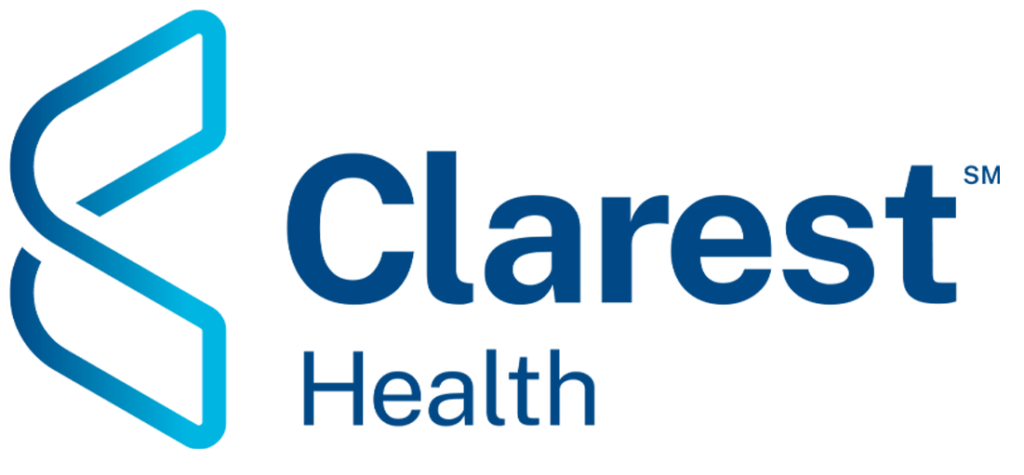In the realm of long-term care, effective Medication Management is paramount. A critical yet often overlooked aspect of this process is the consideration of food-medication interactions. Certain foods can interact with medications, leading to unintended effects that can compromise the health and well-being of patients. This blog aims to educate patients and caregivers about potential food-medication interactions, offering tips on identifying risks and ensuring optimal medication effectiveness.
Understanding Food-Medication Interactions
Food-medication interactions occur when certain foods affect the absorption, metabolism, or excretion of medications, altering their intended effects. These interactions can lead to reduced efficacy or increased toxicity of the medications, posing significant risks for long-term care patients.
Common Food-Medication Interactions
- Grapefruit and Statins
- Interaction: Grapefruit can inhibit enzymes that metabolize statins, leading to higher levels of the medication in the bloodstream.
- Effect: Increased risk of side effects such as muscle pain and liver damage.
- Leafy Greens and Blood Thinners
- Interaction: Leafy greens like spinach and kale are high in vitamin K, which can reduce the effectiveness of blood thinners like warfarin.
- Effect: Increased risk of blood clots.
- Dairy Products and Antibiotics
- Interaction: Calcium in dairy products can bind with antibiotics such as tetracycline, reducing their absorption.
- Effect: Reduced effectiveness of the antibiotic.
- Bananas and ACE Inhibitors
- Interaction: Bananas are rich in potassium, which can interact with ACE inhibitors used for blood pressure management.
- Effect: Elevated potassium levels, leading to heart problems.
- Alcohol and Various Medications
- Interaction: Alcohol can interact with medications such as sedatives, painkillers, and antidepressants.
- Effect: Enhanced sedative effects, increased risk of liver damage, and potential for dangerous side effects.
Tips for Identifying and Managing Risks
- Read Medication Labels and Instructions
- Always read the labels and instructions that come with medications. Look for any food-related warnings or guidelines.
- Consult Healthcare Providers
- Discuss your diet with your healthcare provider or pharmacist. They can provide specific advice on which foods to avoid and suggest alternative dietary options.
- Keep a Medication and Food Diary
- Maintain a diary of your medications and foods consumed. This can help identify any patterns of adverse reactions and assist healthcare providers in managing your medication regimen.
- Stay Informed
- Stay updated on potential food-medication interactions. Reliable sources include healthcare websites, your pharmacy, and your healthcare provider.
- Educate Caregivers
- Ensure that caregivers are aware of potential interactions and the importance of monitoring dietary intake alongside medication schedules.
Ensuring Optimal Medication Effectiveness
Effective medication management in long-term care involves a holistic approach that considers the potential for food-medication interactions. By being proactive, staying informed, and working closely with healthcare providers, patients and caregivers can minimize risks and ensure that medications provide their intended benefits.
In conclusion, understanding and managing food-medication interactions is crucial for the health and safety of long-term care patients. By following the tips provided and prioritizing open communication with healthcare professionals, patients can navigate their medication regimen more effectively, leading to better health outcomes.

